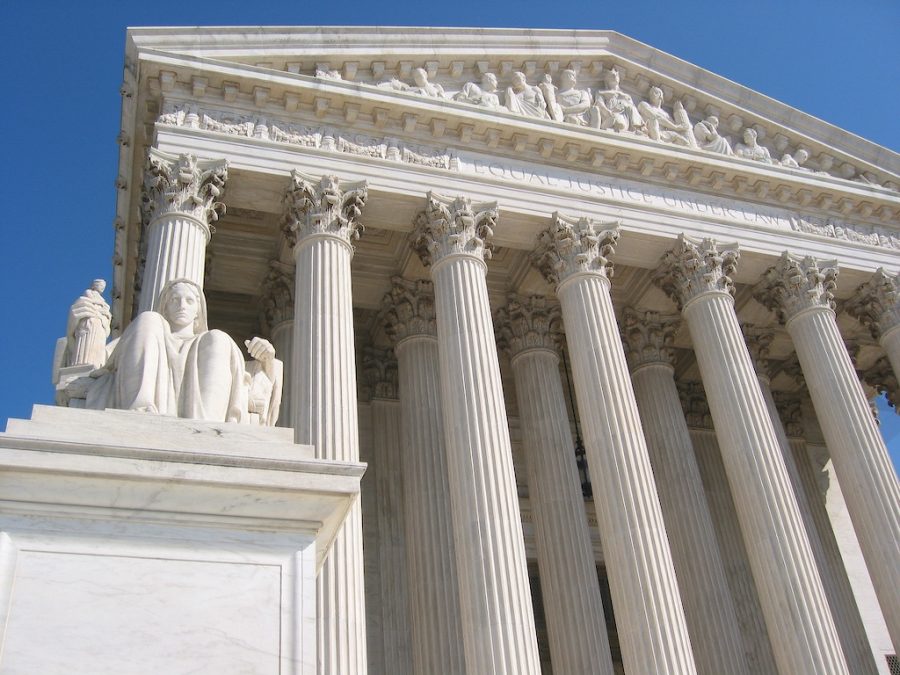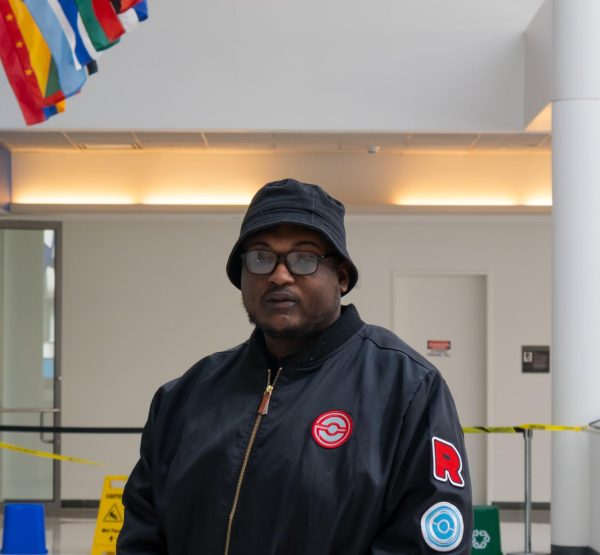Affirmative action provides systemic safety for marginalized students
February 4, 2022
For people of color, education is necessary for a chance at success in the working-world. The Supreme Court’s decision to take on cases arguing against affirmative action in college admissions is a waste of time and the policies must continue to be protected under law.
The Supreme Court agreed on Jan. 24 to hear the pleas against affirmative action to decide if race-conscious programs at Harvard University and the University of North Carolina are constitutional. The case further puts the future of affirmative action in higher education at risk, as reported by The New York Times.
In the case against Harvard, the famous Ivy League institution had been accused of discriminating against Asian American students by using certain subjective methods of distinguishing traits including likability, courage and kindness.
In addition, plaintiffs in the case against North Carolina argued that the university discriminated against white and Asian applicants by focusing more on their Black, Hispanic and Native American counterparts.
The university responded by claiming that their admissions policies were key to education diversity and were lawful under the Supreme Court precedents.
Lawyers who represent Harvard said that those who challenge their policies are using flawed data and they denied that Harvard commits discrimination against Asian American applicants.
Edward Blum, founder of the group known as “Students for Fair Admissions,” released a statement praising the court’s decision while also critiquing how the two universities should determine their student acceptance factors.
“Harvard and the University of North Carolina have racially gerrymandered their freshman classes in order to achieve prescribed racial quotas,” Blum said. “Every college applicant should be judged as a unique individual, not as some representative of a racial or ethnic group.”
In a time where education is under attack from unconventional sources, students of color deal with an American education system that makes them feel they must excel 10 times more than their white and privileged counterparts.
Affirmative action is a system of laws and policies that protects those who are marginalized from facing any form of discrimination in the workforce, the housing market and educational settings.
Due to federal entities like the United States government, a person’s socioeconomic status is usually divided into three parts: high, middle and low. Their status is determined by their income, education and occupational background.
Affirmative action allows minorities and underprivileged groups to obtain an equal opportunity in getting an education and employment. It increases their chances of climbing up the socioeconomic ladder.
The attack on affirmative action has been a recurring battle in America for the past 40 years. Some people believe that it gives special treatment to people of color and ignores white people.
Some have dubbed it as reverse discrimination, a notion that instead of promoting antidiscrimination, the federal policies lead to discrimination against people who come from nonmarginalized backgrounds, who are typically white or high-income families.
Affirmative action is not the enemy. If education activists want to take on inequality in college admissions, then they must direct their energy onto legacy students. They are, usually, accepted into prestigious institutions due to their lineage having a history of being students there as well.
Joe Pinsker, a writer for The Atlantic, wrote that students who apply to college as a legacy were like “having a superpower” as it doubles or quadruples their chances of getting into college. Pinsker’s statement enhances the narrative that there is both a societal and systemic benefit when applying to colleges as a legacy student, specifically the top colleges in the nation.
The concept behind affirmative action was introduced in 1961 by President John F. Kennedy, in an executive order instructing federal employers to take “affirmative action to ensure that applicants are treated equally without regard to race, color, religion, sex or national origin.”
With the current members of the Supreme Court, affirmative action may not stand a chance. There is evidence that three Supreme Court justices will potentially vote against affirmative action.
Justice Anthony Kennedy, who is the expected swing vote, has never been a judicial advocate for affirmative action. So, relying on his vote to save affirmative action on a federal level will be illadvised.
A systemic attack on affirmative action is now taking place right before the nation’s eyes. America continues to go backward when what it needs is to progress. Affirmative action aids, not diminishes, progress.







